Shoaib Akhter Biography
Source(google.com.pk)
Shoaib Akhtar is a former professional cricketer who played testes and One Day International matches for the Pakistan national team in ICC organized events. He has been dubbed as The Rawalpindi Express after the place where he was born and he is arguably the fastest bowler the world of cricket has ever seen, easily clocking 150 km/hour on many occasions. He became the first man to bowl a delivery over 100 miles/hour or 161.3 km/hour, which is the fastest delivery ever bowled in the history of cricket against England. Moreover, not only did he achieve a speed of 100 miles/hour on his delivery, he achieved it twice during one single match and that is something that makes him very unique in the world of fast bowlers. His prowess lay in being able to bowl fast and precise Yorkers as well as quick bouncers and these abilities made him one of the greatest as well as most feared bowlers of all time, the likes of which had not been seen in international cricket since the times of Michael Holding, Joel Garner, Jeff Thompson, Dennis Lillie, Malcolm Marshall and the likes – players who depended on raw pace to pick up wickets.
However, Shoaib Akhtar was also a very controversial figure and it followed him wherever he went. It has been said that he was very selfish and not a team man. The Pakistan team management once sent him home from Australia in the middle of a series because of an alleged poor behavior on his part. In 2006, he was perhaps involved in the biggest controversy when WADA found Shoaib Akhtar guilty of taking performance enhancing drugs and the ICC banned him from playing cricket. This ban was however lifted and he returned to the Pakistan national side the following year and almost immediately, got himself banned by the Pakistan Cricket Board or the PCB for fighting with team mate and fellow opening bowler Mohammad Asif during a training session.
He was selected to play for the Kolkata Knight Riders for the inaugural IPL but injuries blighted his season and he played only a handful of matches. Akhtar was so injury prone that he only managed to play a total of 46 tests and 163 One Day Internationals in his 12 year international career, taking a total of 425 wickets in all. Shoaib Akhtar, in spite of all his short comings, is truly a legend of the game and no matter what happens, cricket will always remember this flamboyant star.
Shoaib Akhter

Shoaib Akhter

Shoaib Akhter
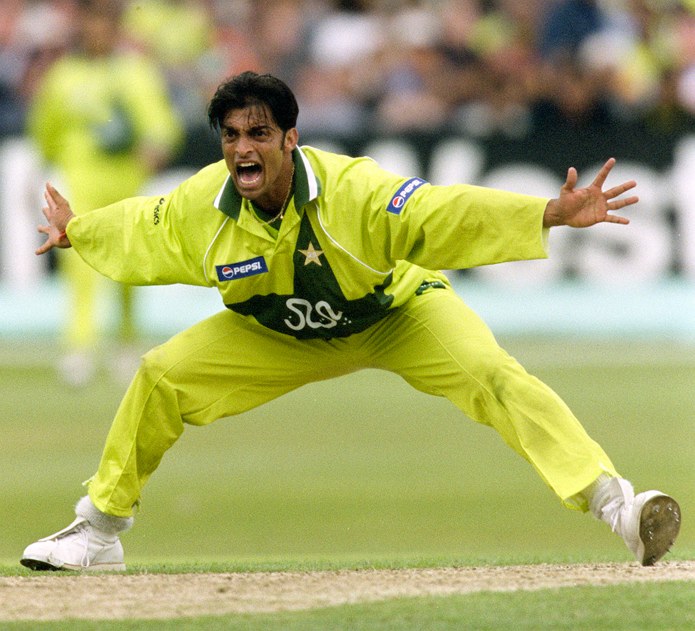
Shoaib Akhter

Shoaib Akhter

Shoaib Akhter

Shoaib Akhter

Shoaib Akhter
Shoaib Akhter

Shoaib Akhter

Shoaib Akhter








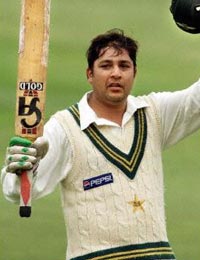

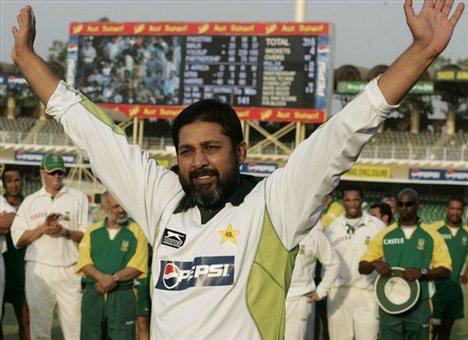


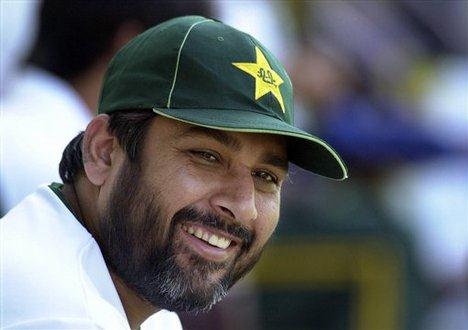




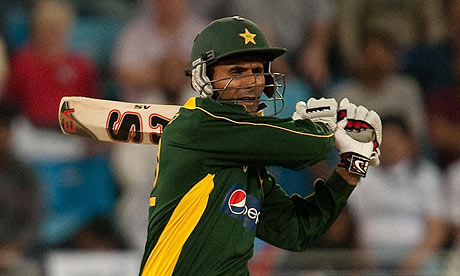








com.jpg)
















